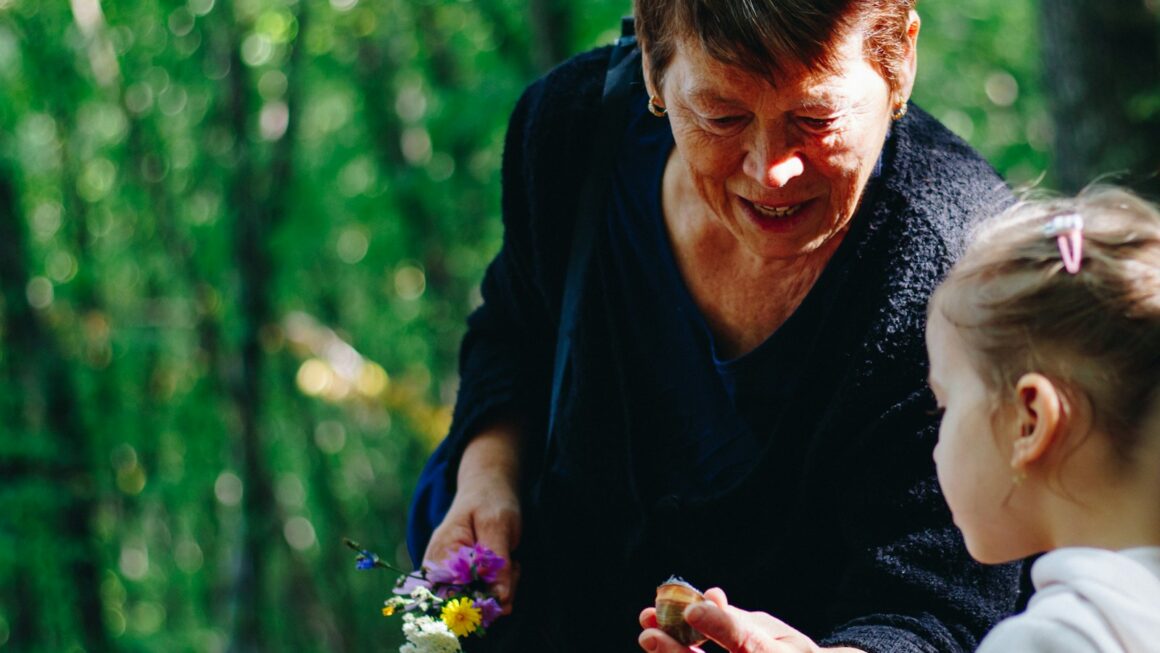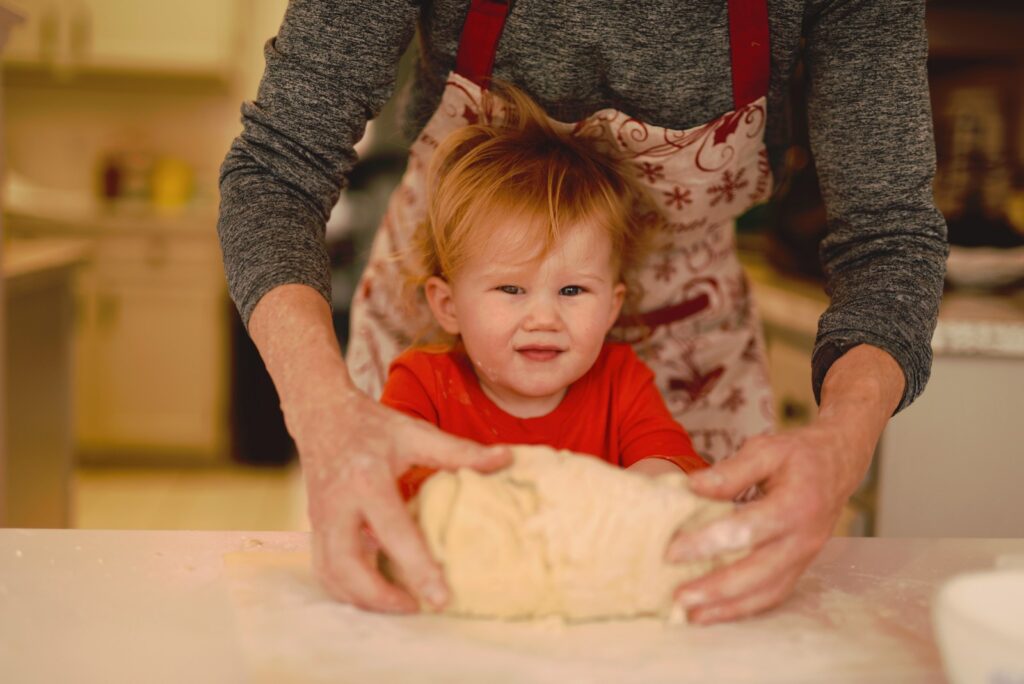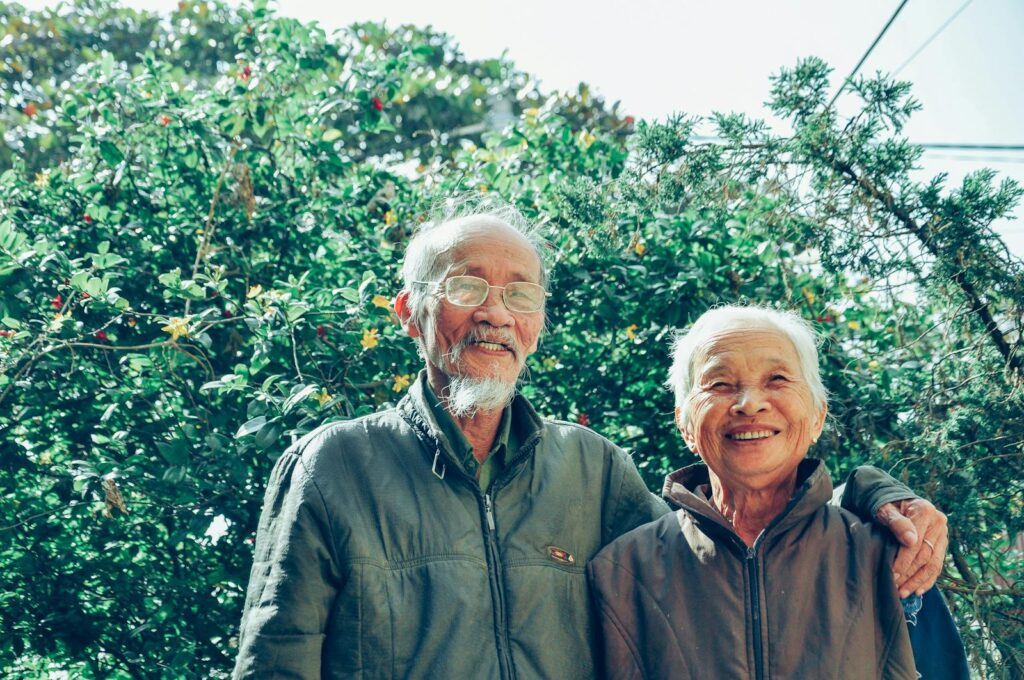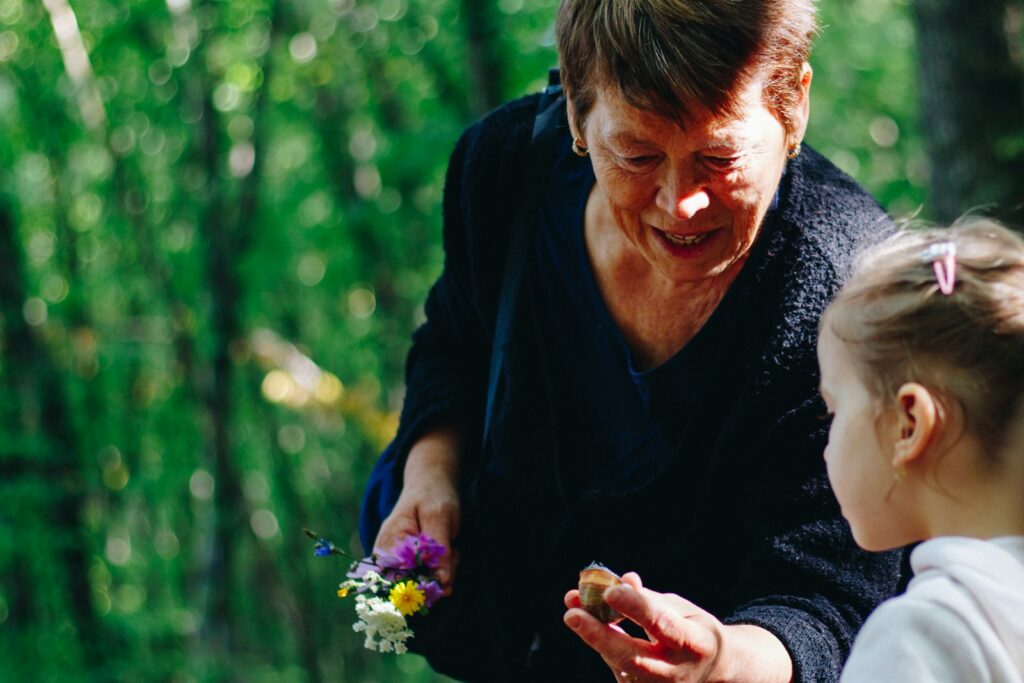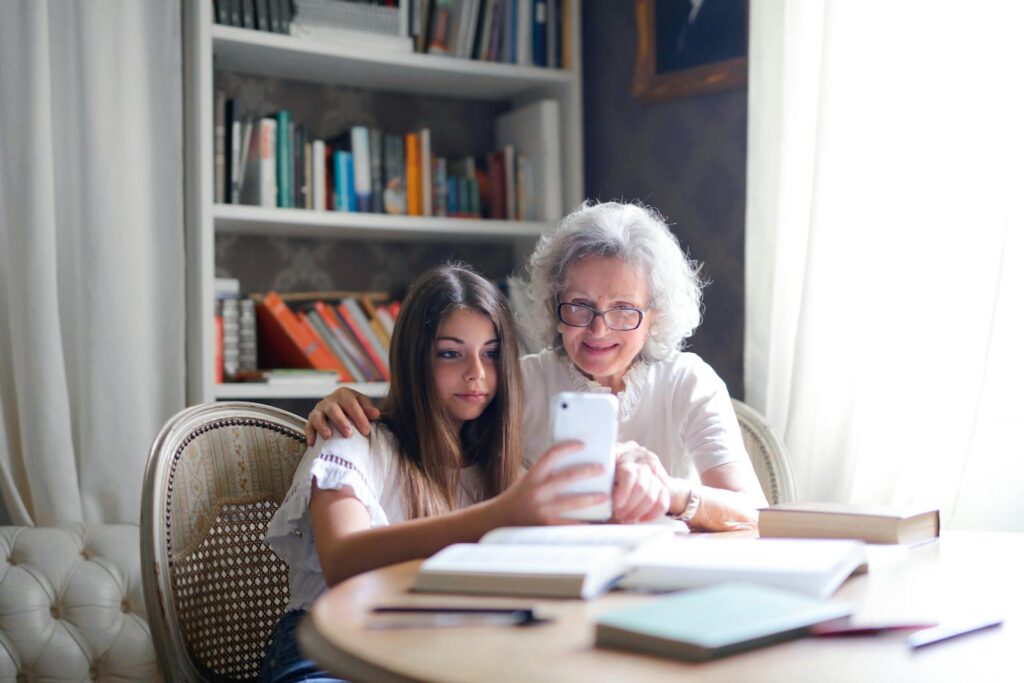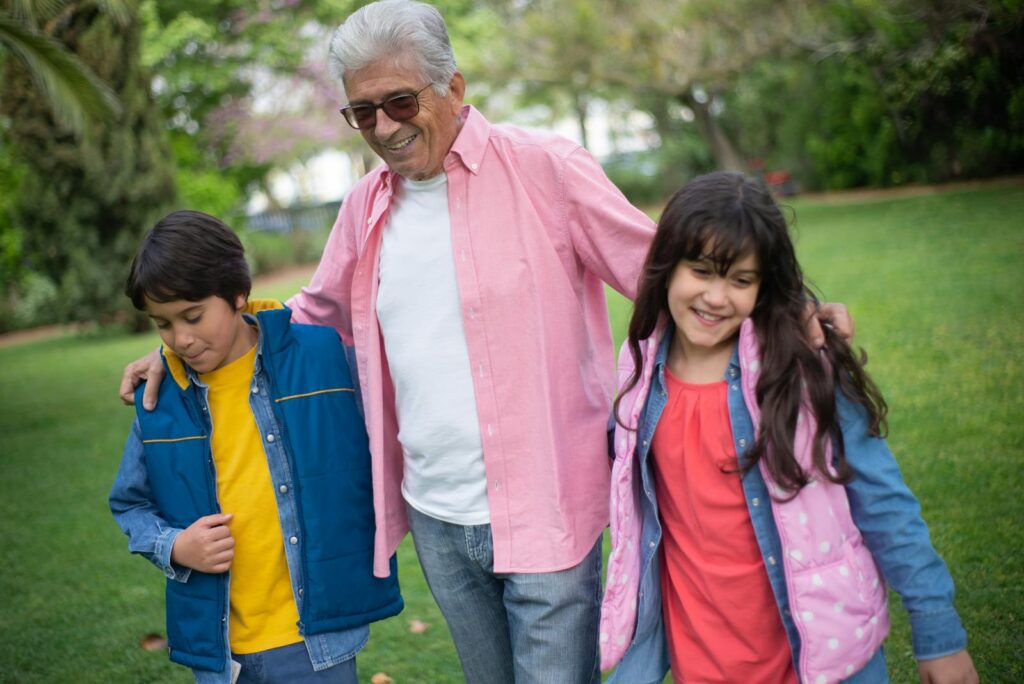If there’s one thing Japan gets so right, it’s knowing how to honor the elderly. As a foreign mom living here, I’ve definitely noticed how much respect the Japanese have for their older generation. But one day really stands out—Keirō no Hi (Respect for the Aged Day). If you’ve never heard of it, don’t worry, I hadn’t either until I moved here. It’s basically a whole holiday dedicated to the OGs of Japan, and honestly, it’s one of the sweetest traditions around.
So, let me break down what Keirō no Hi is all about, what you can expect if you’re living here (especially if you’ve got kids in school), and how it’s not just another “Hallmark holiday”—it’s a big deal with roots in deep cultural respect.
What Exactly is Keirō no Hi?
Keirō no Hi (敬老の日) translates to “Respect for the Aged Day,” and it’s held every year on the third Monday of September. Yep, it’s a public holiday, which means everyone gets the day off to chill and show some love to their elders.
But it’s not just about buying a card and calling it a day. This holiday goes way deeper. It’s all about expressing gratitude and showing respect to the older generation for their contributions to society. Think of it as a national “thank you” day to grandma and grandpa—and every senior citizen out there—who’ve helped shape Japan into what it is today.
The Origins: How Did It Start?
So, where did Keirō no Hi come from? This holiday actually has pretty humble beginnings. It started in 1947 in a small village in Hyogo Prefecture. The idea was to create a day to honor the wisdom and experience of the elderly in that community. The event was called Toshiyori no Hi (Old People’s Day) back then.
It wasn’t until 1966 that the Japanese government made it an official national holiday, and it got its new name, Keirō no Hi. Today, the whole country gets involved in showing their appreciation for the elderly, and it’s a pretty heartwarming sight.
How is Keirō no Hi Celebrated?
Now, if you’re thinking this is a holiday with big parades or flashy parties—think again. Keirō no Hi is a bit more low-key, but it’s got its own vibe of quiet appreciation. It’s one of those holidays that’s more about the small, meaningful gestures.
Here’s what typically goes down:
Visiting and Spending Time with Elderly Relatives
This is the main event for a lot of families. People go visit their grandparents, bring them gifts, and just spend quality time with them. It’s kind of like a mini family reunion, but way more relaxed than the chaotic New Year’s gatherings.
School Celebrations
If you’ve got a kid in school, you’ll probably hear about Keirō no Hi celebrations. Schools love to get involved, and they often put on performances or activities where the kids make crafts or cards for elderly members of the community. When my son brought home a handmade origami card for his grandparents, my heart melted (and so did the grandparents when they got it!).
Community Events
Local governments and communities also hold special events, like ceremonies where they honor the oldest people in the neighborhood. You’ll see stuff like health checkups, free lunches, or entertainment like traditional dances or performances aimed at seniors. The best part? Everyone is so genuinely appreciative.
Media Shoutouts
The media gets in on the action too! TV shows and news outlets often highlight the lives of some of Japan’s oldest citizens, showcasing their incredible stories. Some areas will even feature local centenarians (people who’ve hit 100 years old!) in the paper or on the news. It’s like a big collective “thank you” from society.
Why is Keirō no Hi So Important in Japan?
Okay, so you’re probably wondering—why does Japan put so much emphasis on respecting the elderly? Here’s the deal: in Japan, the elderly aren’t just seen as “old people”—they’re viewed as the wise, experienced backbone of society.
Japan is famous for its long life expectancy (seriously, there are a lot of centenarians), and seniors here play an active role in communities well into their later years. The Japanese culture deeply values omoiyari (compassion and empathy), and respecting your elders is a huge part of that. Age equals wisdom here, and that’s something people don’t forget.
Also, with Japan’s aging population (they’ve got one of the highest percentages of elderly citizens in the world), Keirō no Hi serves as a reminder for society to reflect on how they can support their older citizens—whether that’s through healthcare, social services, or just making sure seniors feel valued.
How We Celebrate as a Foreign Family
Okay, real talk—when I first moved here, I had no clue about Keirō no Hi. I mean, in the West, we don’t really have a day that’s just for the elderly. Sure, there’s Grandparents Day, but it doesn’t have the same vibe as this. So, when my son’s school first asked him to make a card for his grandparents, I was scrambling to figure out what this holiday was all about.
Now that I know better, I try to get more involved each year. We usually FaceTime my son’s grandparents back home, so they can see the adorable crafts he made (thank you, Japanese school system, for those cute ideas), and we’ll talk about why it’s important to appreciate older people. Even though we’re miles away from our own family, it’s a great way to bring everyone together and teach my son some solid life values.
Plus, if you live near elderly neighbors in Japan, Keirō no Hi is a great opportunity to reach out to them. Whether it’s bringing them a small gift or just stopping by to chat, it’s little gestures like this that really show what the holiday is about.
What to Do if You’re New to Keirō no Hi
If you’re a foreigner like me, trying to navigate this holiday can feel a little confusing at first. Here are some quick tips to help you make the most of it:
- Get Your Kids Involved: If you’ve got children, this is a perfect holiday to teach them about respect and kindness. Encourage them to make something for their grandparents, even if you can’t celebrate in person. Schools usually handle a lot of this, so just be prepared to help your kiddo with crafts or a cute message.
- Participate in Local Events: Check out if your local community is hosting any events for Keirō no Hi. Even if you don’t have elderly relatives in Japan, it’s nice to see how the community comes together and maybe volunteer if that’s your thing.
- Show Gratitude to Elderly Neighbors: If you’ve got elderly neighbors, consider dropping off a small gift or card. It’s a sweet gesture that goes a long way in making them feel appreciated.
- Relax and Enjoy the Day Off: It’s a public holiday, so feel free to just enjoy the slower pace. You’ll notice the streets are a bit quieter, and it’s a good time to reflect on the importance of family and community.
Embracing Keirō no Hi as a Foreigner
Keirō no Hi might not be a holiday we grew up with, but it’s one that’s definitely worth embracing. Living in Japan has shown me just how much value there is in honoring the elderly and making them feel appreciated. It’s not about huge gifts or over-the-top celebrations—it’s about the little things, like taking the time to visit, chat, and make them feel valued.
As a mom, I’ve come to love how Keirō no Hi teaches my son the importance of respecting those who’ve paved the way for us. And honestly, it’s something we could all use a little more of, no matter where we’re from.
So, if you’re living in Japan or just want to learn more about this beautiful tradition, don’t sleep on Keirō no Hi. It’s the perfect reminder that showing kindness and respect never goes out of style—especially when it comes to the people who’ve been here the longest.
